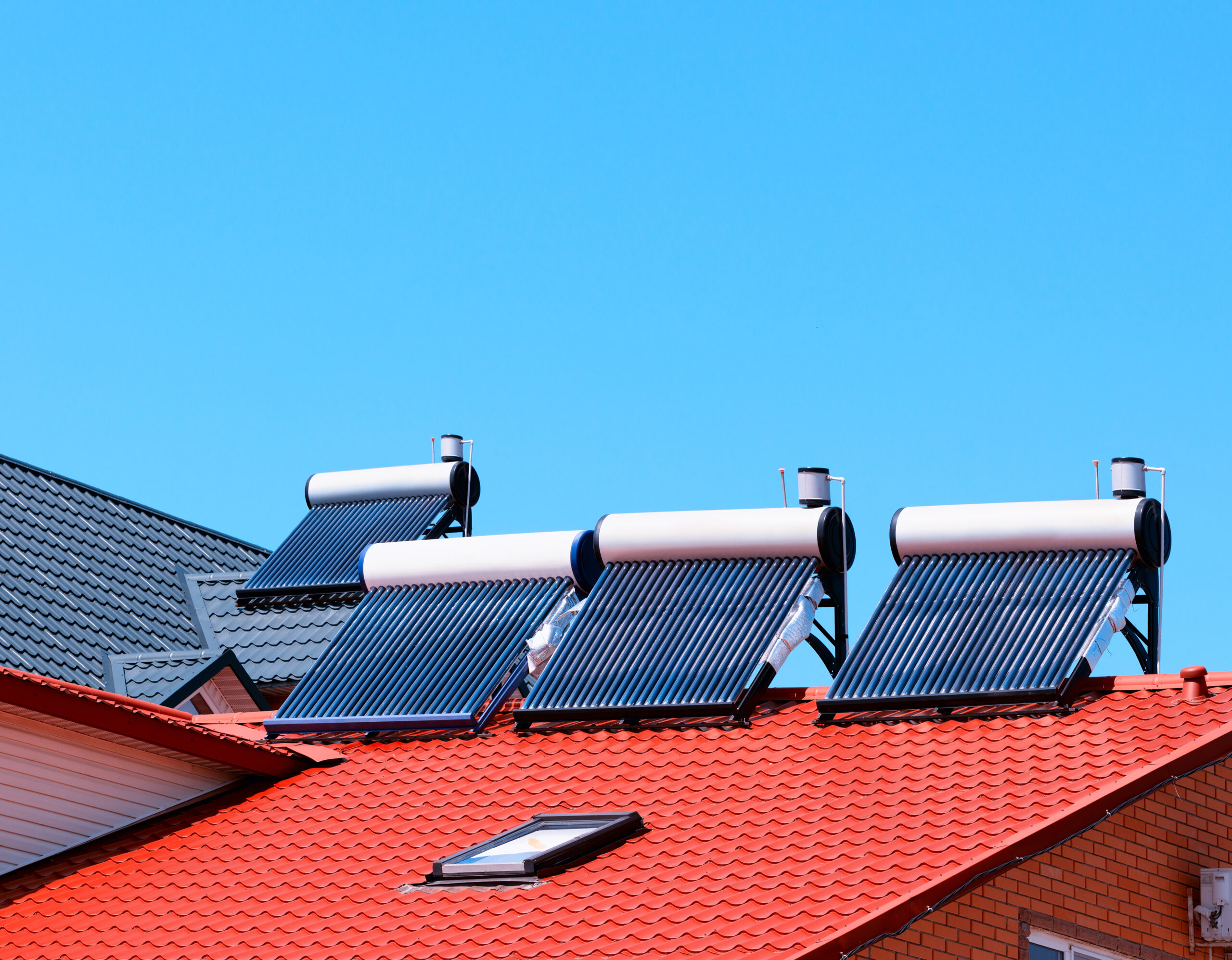A video on the benefits of adding solar energy to your home or business
Adding solar panels to your home or business offers a myriad of benefits, ranging from financial savings and environmental impact to increased property value and energy independence. As the world transitions to cleaner energy sources, investing in solar power is not only a smart financial decision but also a positive contribution to a more sustainable and resilient energy future.
Benefits of Solar Panels
Reduced Energy Costs:
Installing solar panels allows you to generate your own electricity, reducing your dependence on the grid and lowering your monthly energy bills. Over time, the initial investment in solar panels can result in significant long-term savings.Financial Incentives and Rebates:
Many governments and local authorities offer financial incentives, rebates, and tax credits for installing solar panels. These incentives can substantially offset the initial costs of the system, making it a more affordable and attractive option.Environmentally Friendly:
Solar power is a clean and renewable energy source, producing electricity without emitting greenhouse gases or air pollutants. By harnessing the power of the sun, you contribute to reducing your carbon footprint and promoting a more sustainable future.Increased Property Value:
Homes and businesses with solar panel installations are often considered more attractive to buyers. Solar panels can increase the resale value of your property, providing a return on investment in addition to ongoing energy savings.Energy Independence:
Generating your own electricity through solar panels provides a degree of energy independence. You are less vulnerable to fluctuations in energy prices and potential power outages, giving you greater control over your energy consumption.Low Maintenance Costs:
Solar panels have minimal maintenance requirements. Routine inspections and occasional cleaning are usually sufficient to keep the system running efficiently. With no moving parts, the risk of mechanical failure is low compared to other forms of electricity generation.Net Metering Benefits:
The ability to participate in net metering programs allows you to receive credits for excess electricity generated and fed back into the grid. These credits can offset the cost of electricity drawn from the grid during periods of low solar production.Job Creation and Economic Impact:
The growing solar industry contributes to job creation and economic growth. Installing solar panels stimulates local economies, creating opportunities in manufacturing, installation, maintenance, and related industries.Technological Advancements:
Solar technology continues to advance, with improvements in efficiency, durability, and aesthetics. Upgrading to newer solar panel systems ensures you benefit from the latest technological developments, maximizing the performance of your solar installation.Corporate Social Responsibility (CSR):
For businesses, integrating solar panels aligns with corporate social responsibility goals. Demonstrating a commitment to sustainability and environmental stewardship can enhance your brand image and attract environmentally conscious customers and partners.


